Table of contents
Known as the male sex hormone, testosterone is produced in your testicles. It is responsible for your sexual development and impacts your appearance. For example, you grow facial and body hair, your muscle strength increases, your voice deepens and your sperm production increases. As you age, however, the levels of testosterone in your body start to decrease.
It's important to be aware of the signs of low testosterone, as a significant drop can lead to:
- Low Libido: A diminished interest in sexual activity
- Erectile Dysfunction: Challenges in achieving or maintaining an erection
- Persistent Fatigue: Constant tiredness unrelated to physical activity or lack of sleep
- Muscle and Body Fat Changes: Decreased muscle mass coupled with an increase in body fat
- Mood Fluctuations: Feelings of irritability, anxiety, or even depression
- Hair Loss: Thinning of hair on the scalp, face, and body"

We'll be delving into each of these signs in depth in the sections that follow.
Indicators of Declining Testosterone Levels
If the levels drop significantly, there are six signs to indicate that you may be suffering from low testosterone, which we’ll detail below.
Low Libido: A Primary Symptom of Low Testosterone
Testosterone affects your sex drive. If you start experiencing a loss of libido, it may be a sign of low testosterone. Having a low libido is actually a common symptom of low testosterone but you may not have realized this, instead just thinking that it’s a natural result of aging.
Erectile Dysfunction and Its Connection to Low Testosterone
If you have difficulty getting an erection or sustaining one, low testosterone may be a cause. Nitric oxide is produced in the penile tissue, enabling erections to occur. Nitric oxide production is stimulated by testosterone so frequent issues with achieving an erection can point to low testosterone
Persistent Fatigue: A Telltale Sign of Low Testosterone
You may feel continuously tired with no explanation as to why. Even if you slept well during the night, your energy levels may be so low that you have little motivation to do anything, especially physical activities. A lack of testosterone can be responsible for this feeling of fatigue.
How Low Testosterone Levels Affect Muscle and Body Fat
We mentioned earlier that testosterone enhances muscle strength. When your levels of testosterone decline, your muscle mass decreases as a result. This can leave you feeling weaker than normal. In turn, the hormonal imbalance affects how energy is converted in your body. Lower testosterone levels cause an increase in body fat and you’ll notice that you start to gain weight.
How Diminished Testosterone Levels Can Affect Mood Swings
As well as affecting you physically, testosterone has an impact on your mental health. Low levels of testosterone can make you feel irritable or anxious. If you’re already suffering from some of the symptoms detailed above, such as erectile dysfunction and weight gain, your mood will only deteriorate further. Low testosterone can lead to depression or, if you already suffer from depression, it can make it worse.
How Low Testosterone Influences Hair Density and Growth
Hair loss is often attributable to aging but it can also be caused by low testosterone. You may discover bald spots on your scalp but also notice that you have thinning facial or body hair.
Factors Contributing to Androgen Deficiency and Low T
Aging isn’t the only cause of low testosterone. You may suffer from this due to:
- An injury to your testicles
- Infection
- Autoimmune disease
- Alcohol use disorder
- Liver cirrhosis
- Sleep apnea
- Obesity
- Kidney failure
- Some medications
- Radiation or chemotherapy
Other causes are conditions that you may be born with. These can include Noonan syndrome and Klinefelter syndrome.
Understanding the Side Effects of Low Testosterone in Men
With low testosterone, your risk of being susceptible to other health issues increases. These conditions can include heart disease, osteoporosis, and diabetes. Therefore, while some of your symptoms may seem mild and manageable, it’s important to look after yourself correctly and get treatment when necessary.
How to Know if You Have Low Testosterone: Diagnosis Explained
If you suffer from any of the above symptoms, you need to consider the possibility that you have low testosterone. Medically, this is deemed to be when your testosterone levels are less than 300 ng/dL. One way to be certain if you think you have low testosterone is to have a blood test. Different types of blood tests are used to determine whether you have low testosterone and, if so, what has caused it. These include a total testosterone level blood test, a luteinizing hormone blood test, and a prolactin blood test.
Addressing Androgen Deficiency: Treatment Options and Guidance
Adopting a healthier lifestyle cis pivotal in counteracting the effects of androgen deficiency. Make sure you take regular exercise and eat a healthy diet. Both of these will help you to lose weight and maintain a healthy one. For your healthier diet, limit your meat consumption and reduce the amount of fried and sugary foods you eat. Ensure you eat plenty of vegetables and fruit as well as seeds and nuts. Avoid smoking and drinking too much alcohol.
Aside from changing your lifestyle habits, testosterone replacement therapy (TRT) can be used to treat low testosterone. This can be administered in different ways, such as having injections, applying a gel on your skin, taking medication, wearing patches, using a nasal gel, and having pellets implanted under your skin. Your doctor will advise you if TRT is recommended or not. This will be determined by your symptoms, medical history, and any medications you may be taking. Be aware that once you start TRT, you need to continue it indefinitely. You will also need regular check-ups to ensure that the correct testosterone levels are maintained.
Potential Side Effects of Testosterone Replacement Therapy (TRT)
As with any type of treatment, you may suffer from side effects. For example, you may have a reaction to the application site, such as redness or itching. You may suffer from an enlarged prostate or have a reduced sperm count. Other side effects include fluid retention, acne, an increased red blood cell count or your testicles may reduce in size.
Deciphering the Testosterone Levels by Age Chart: What Men Should Know
As our understanding of testosterone and its effects on the male body deepens, it's become clear that age plays a pivotal role in its production. A recent study published in the Journal of Urology in 2022 delved into this subject, particularly focusing on younger men between the ages of 20 and 44.

The bar chart above offers a visual representation of this study's findings. Each bar denotes the average testosterone level for a specific age range, measured in nanograms per deciliter (ng/dL), a common unit to express hormone levels in the bloodstream. For a clearer perspective, the red error bars provide a snapshot of the "normal" range of testosterone levels for each age group. For instance, men in the 20-24 age bracket typically have testosterone levels ranging between 409 ng/dL and 558 ng/dL, with an average around 466 ng/dL.
What's crucial to grasp here is the variability in these levels as men age. As depicted, the average testosterone level tends to decrease gradually as one transitions from the 20-24 age group to the 40-44 group. This reinforces the notion that testosterone levels naturally decline with age, even within the relatively young age bracket of 20 to 44.
These findings challenge the conventional threshold of 300 ng/dL often used to diagnose testosterone deficiency. It underscores the importance of age-specific benchmarks to provide a more accurate and personalized assessment. Healthcare professionals and patients alike should be cognizant of these nuances when considering testosterone evaluations and potential treatments.
Wrapping Up: How to Navigate the Impact of Low Testosterone Levels
Having low testosterone affects you both physically and mentally. If you recognize any of the six signs we’ve detailed, it’s a good idea to make an appointment with your doctor to confirm that you’re suffering from the condition. At Elan Healthcare, we offer natural solutions to help you tackle having low levels of testosterone. These give you an essential boost to ease the symptoms and enhance your physical and mental well-being.
Reviewed and Updated on September 2023.

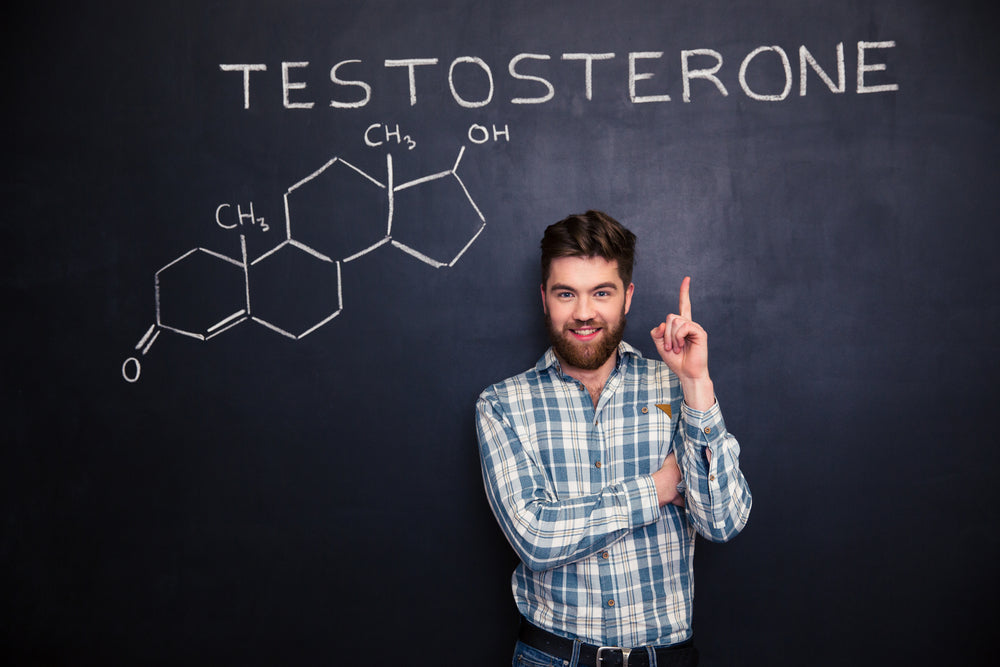

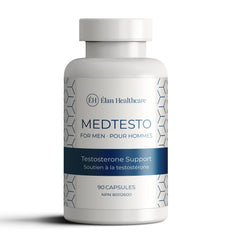
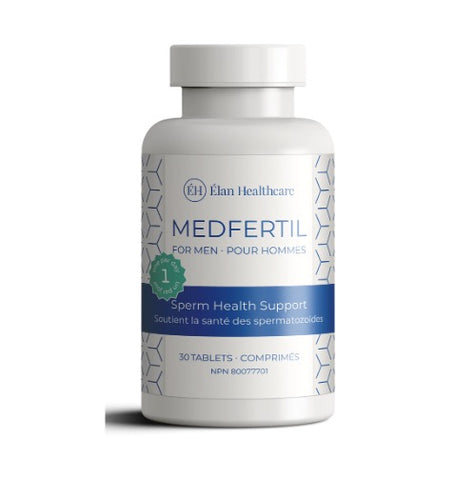








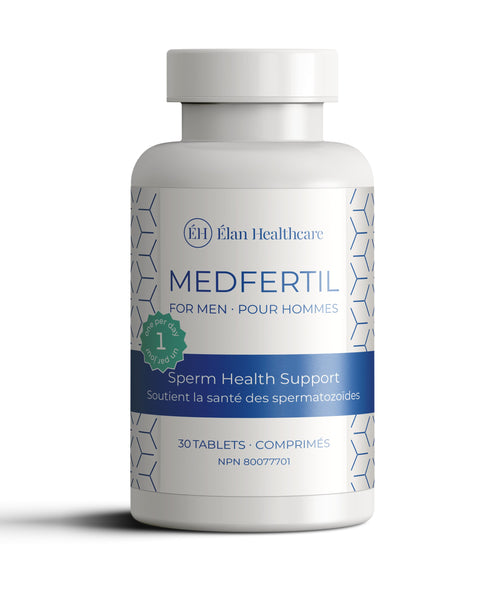
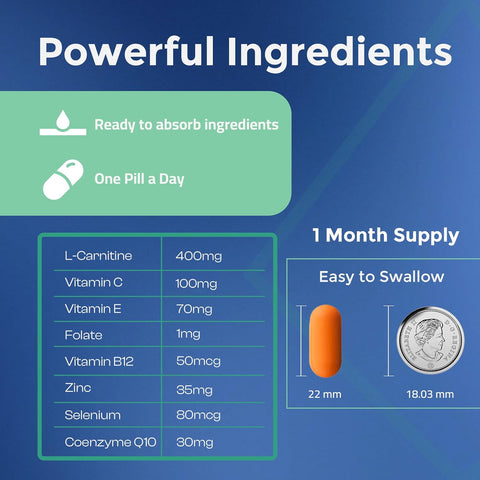
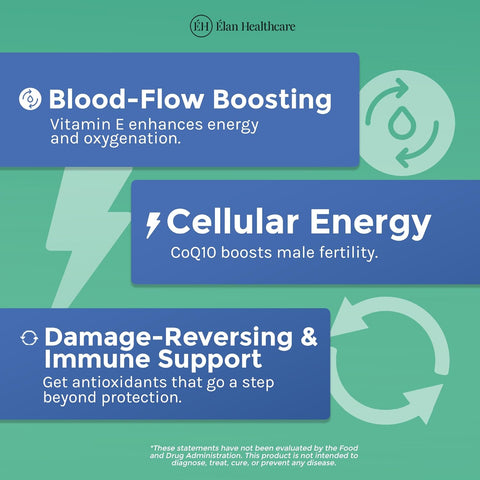
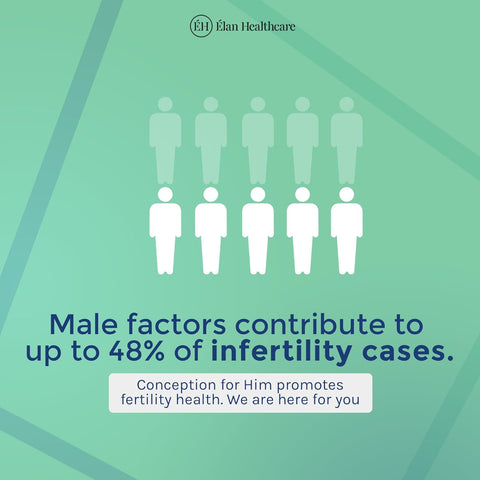
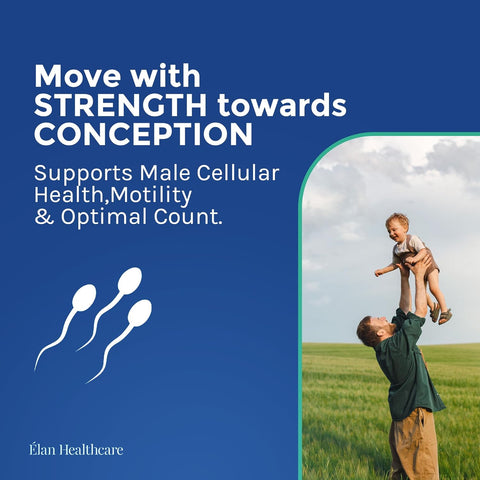
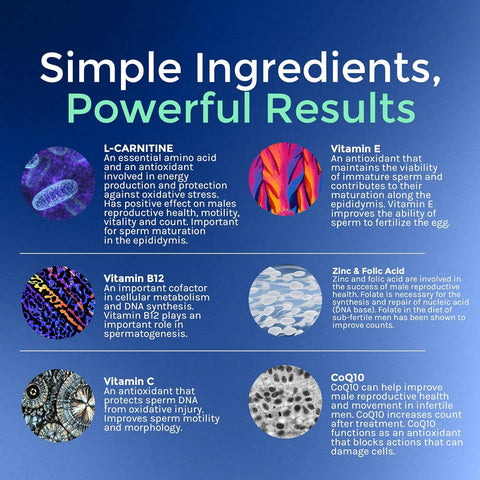
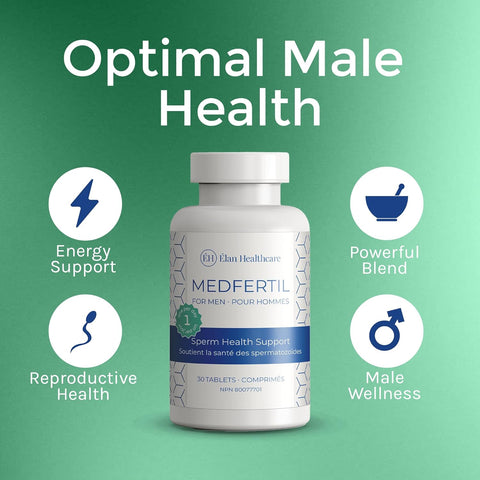
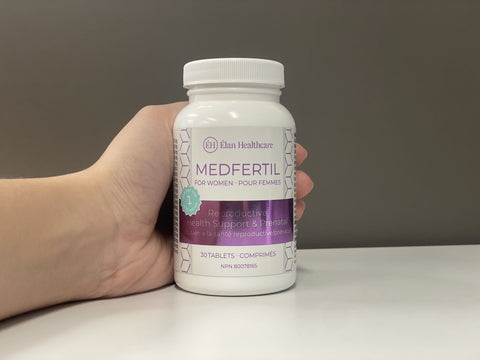

No comments yet.
There are no comments for this article. Be the first one to leave a message!
+ Open to leave a Comment